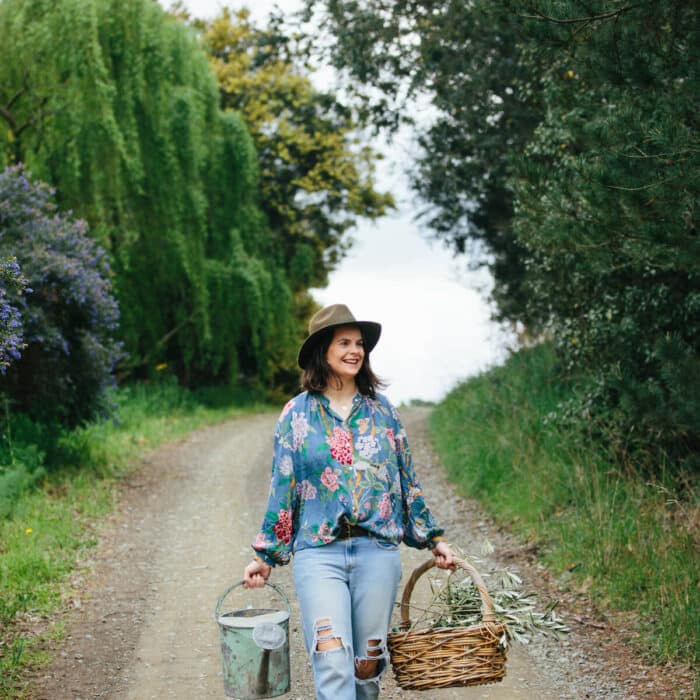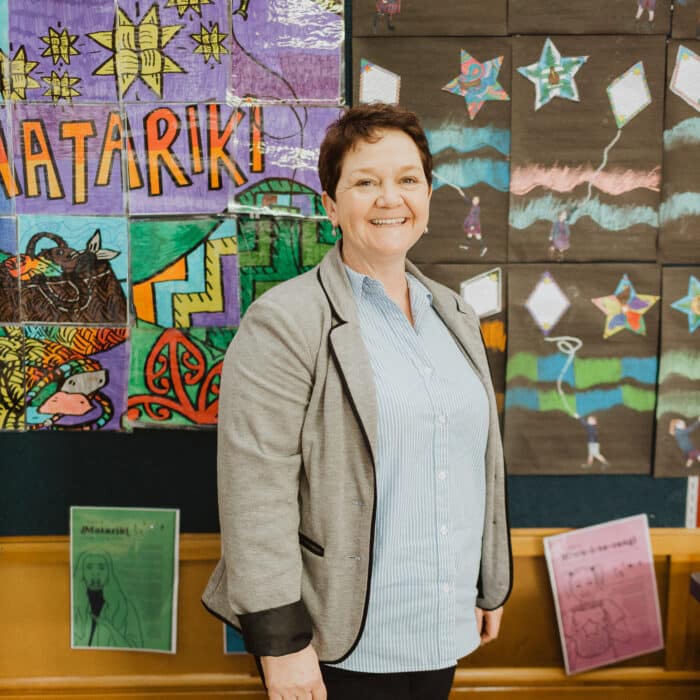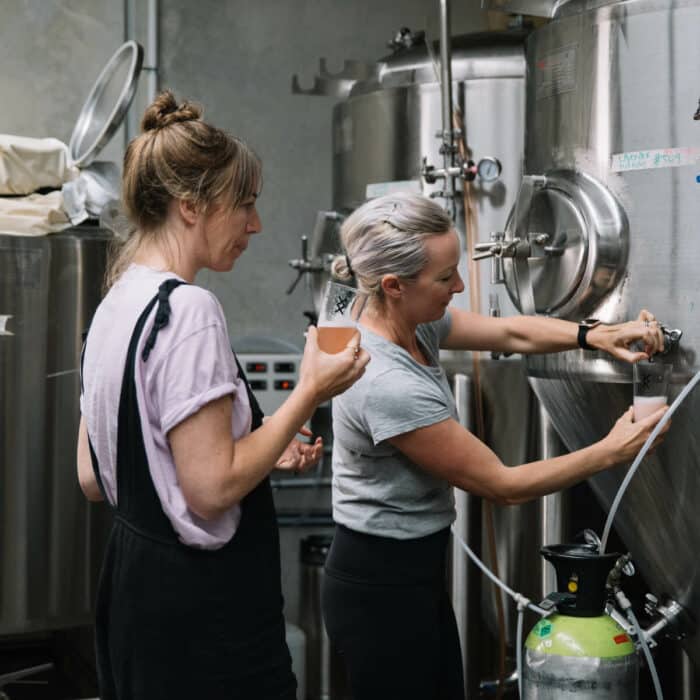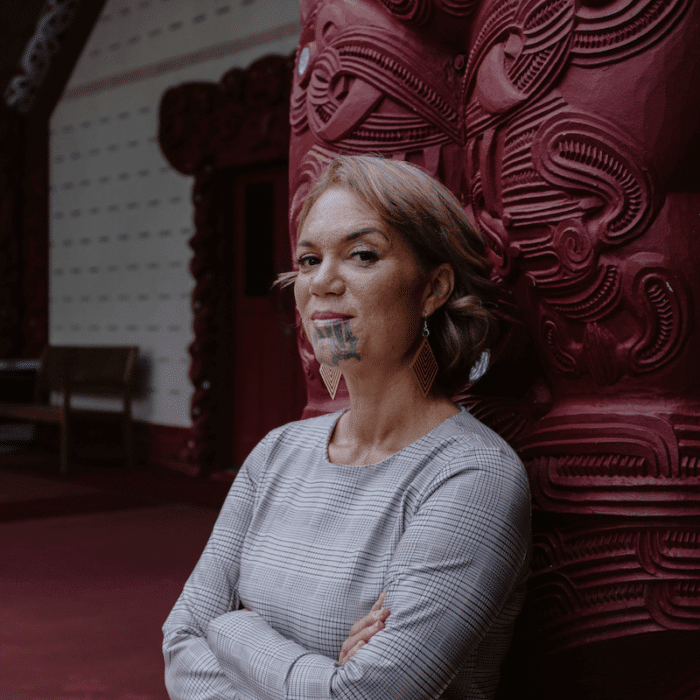
Tell us a bit about your upbringing – how long has conservation been part of your life? I grew up on a lifestyle block in Hira with my mum and dad, who both have extensive outdoor backgrounds. Mum studied parks and recreation at Lincoln before working in Fiordland, followed by extensive local government work. Dad trained as a nursery man in New Plymouth and then did an environmental science degree and has extensive experience in conservation. It was on a camping trip that my parents decided to combine their skills and launch their own business, FuturEcology. I think I even suggested the name at the time! From then on, I was Dad’s right-handman, helping out where I could.
Where did the idea for the EmGuard come from? I was helping to restore a wetland area in Marsden Valley when I was fifteen. We spent a lot of time planting before getting out the plastic plant guards. I had a moment where I thought, “There must be a better way. ”With the encouragement of my mum and dad, I enrolled in the Young Enterprise Scheme and spent two years working on my idea for an environmentally friendly guard. I enjoyed the creativity but was always told my idea was very hard to develop. I can be pretty stubborn, so I kept trying. At the end of Year 13, after trialling different materials and designs, I took my business studies group out to the Maitai River and planted thirty-four flax with a biodegradable guard mock-up. The plant growth was absolutely phenomenal. Everything kicked off from there. We realised natives do like to grow in lightwells – that’s what our cardboard guards mimic. It has transformed the restoration industry.
What do people often get wrong about plant restoration? A lot of people measure success by numbers. Funders focus on how many plants go into the ground, as opposed to how many survive. We want to see people starting small, getting plants established and building upon their success. It’s easy to put a plant in the ground; the hard part is ensuring its survival. That’s where education and knowledge come in and why it’s so important.
Finding reliable plant knowledge can be tough! Yes, even for someone like myself, who is immersed in the industry. I felt like I wasn’t as familiar with plant names as I would like. So I came up with the idea for Pocket Restoration Aotearoa – an app that educates and builds plant knowledge in communities. With support from my parents and colleagues, we initially developed a quiz app to learn plant names. It then evolved into more in-depth education with modules to guide people through the entire planting and restoration process. Now, it’s a web-based educational app aimed at bringing people together, connecting these communities and making a positive impact on our planet.
Any notable milestones for you? Covid was a major challenge for us. Every element of the supply chain was disrupted. We had such a small supply on-hand, despite orders coming in. It was constant disaster management, but our customers were so understanding. For me, it was a huge learning curve on how to deal with setbacks in business. We’ve recently celebrated hitting two million guards sold, that’s been a huge achievement. But more importantly, we’ve enjoyed celebrating the successes of our customers. For example, a customer had a particularly challenging site right next to a beach popular with families. They would normally have a twenty per cent survival rate with their plantings. With the EmGuards, they don’t account for loss at all.
Have people’s attitudes towards sustainability and restoration changed? I founded EmGuard during the anti-plastic revolution. It’s amazing to see a big surge in plantings around the country, as well as growing public demand for organisations to adopt more sustainable practices. We’re also seeing change coming from small grassroots movements and businesses like ours –ones that are collaborating with their communities.
What is the most inspiring piece of advice you’ve ever received? I recently ran into an old teacher. I felt the need to apologise to her for being such a handful in her class. She told me, “Never apologise for being authentically you, that’s what makes you you.” It was so inspiring, it got me thinking about how I needed to change my mindset about my stubbornness and call it determination – to turn it into a strength. It has, after all, gotten me to where I am today. Everyone has something different to offer, and it’s often found outside of the classroom.
This story appeared in our Ngahuru Autumn 2024 Edition.
Related Stories
Room to Bloom
Flora has nurtured her passion for planting from a young age. Today, she works to nurture that same passion in others through her gardening business.
Gore
Annie, principal of St Mary’s School in Gore, is a passionate educator who shares how the community bands together to give back to the school.
Liv & René
A chance conversation about SCOBYs between nutritionist and medical herbalist René, 46, and avid fermenter Liv, 37, first led to friendship and then a business partnership.
Wisdom from the Skies
Heeni Hoterene transforms maramataka lunar calendar wisdom for modern contexts, so it resonates with an ever-evolving world.
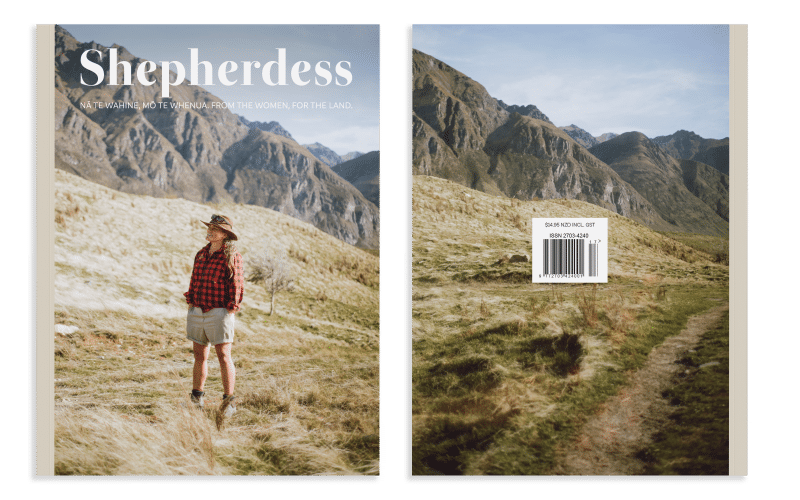
Out Now
Seventeenth Edition
Our beautiful Ngahuru Autumn 2024 Edition is out now!
